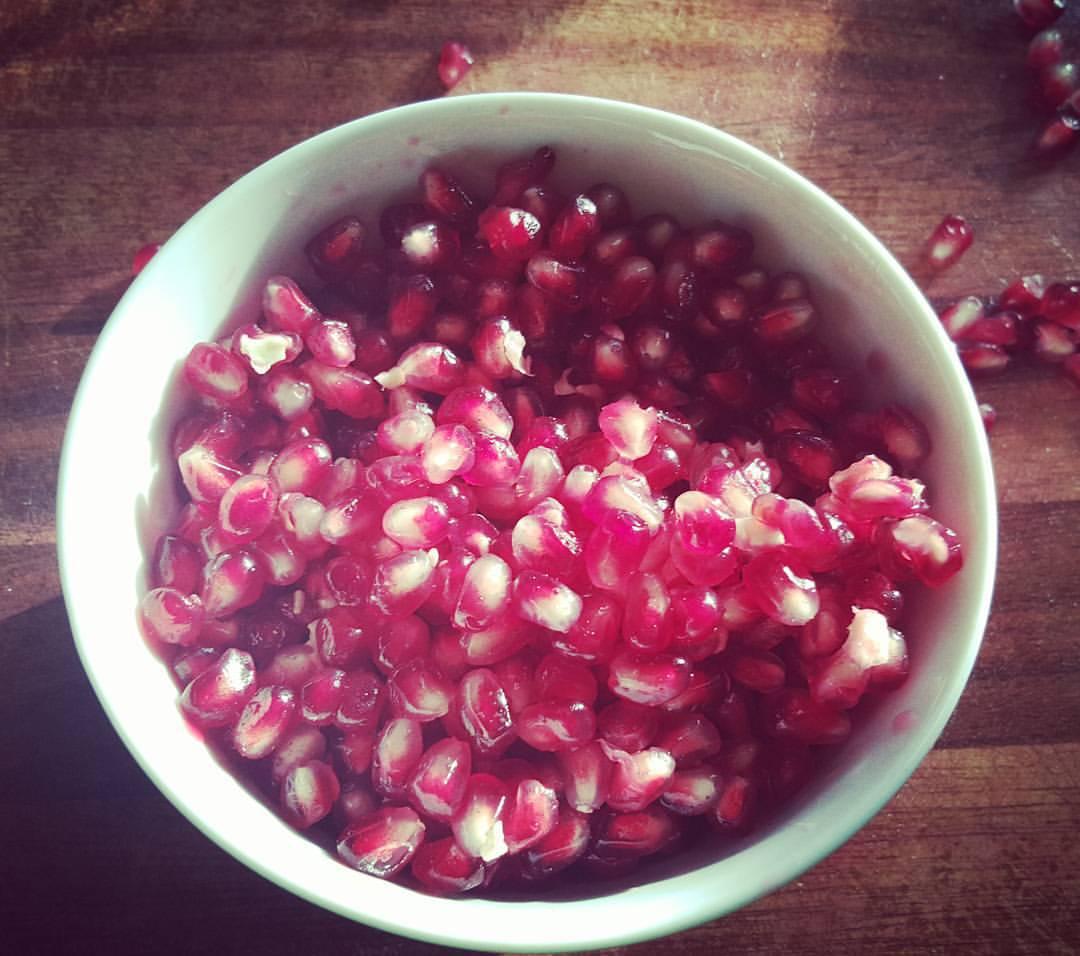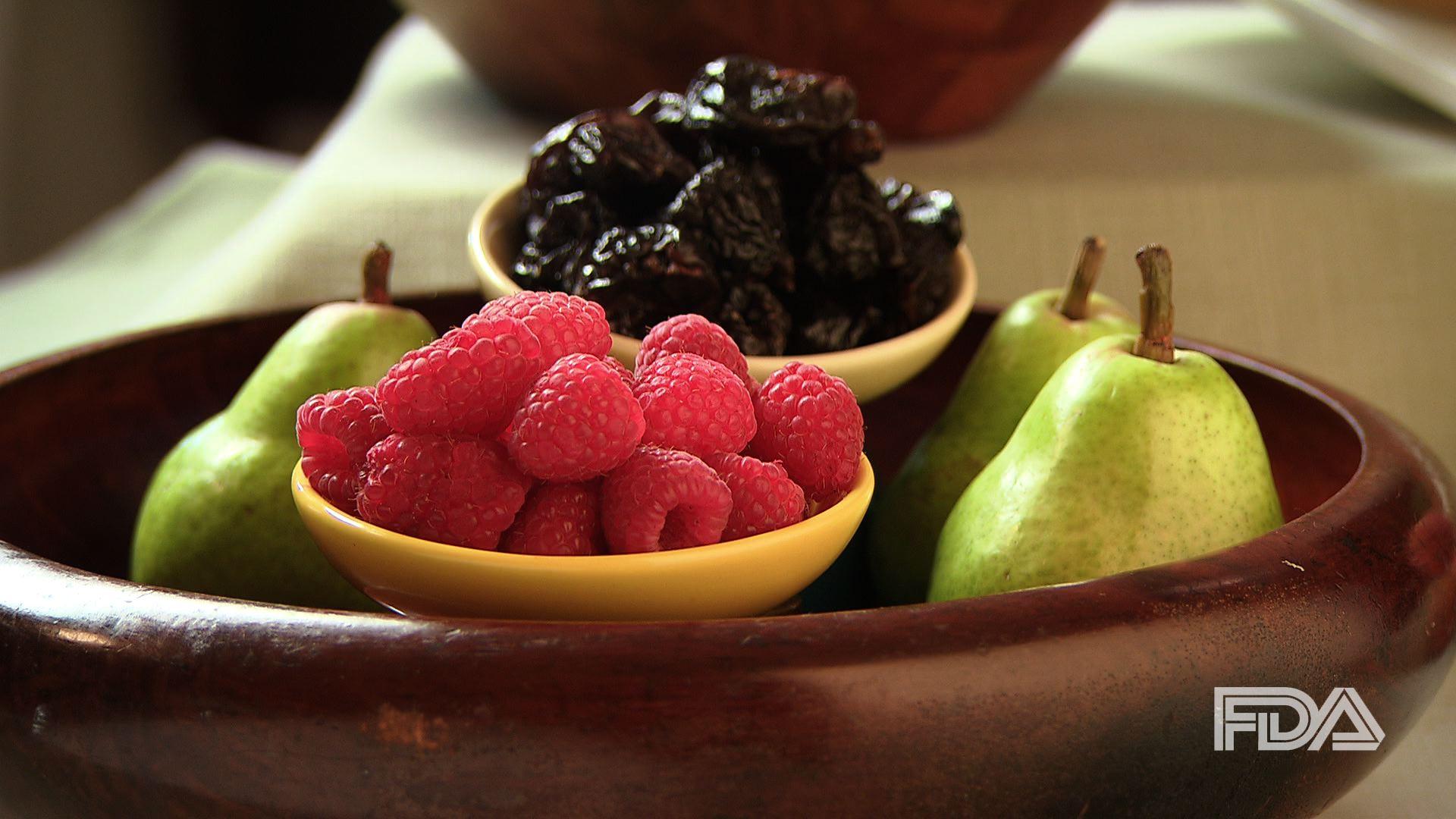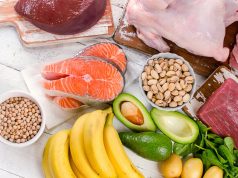In today’s fast-paced world, taking care of our heart health often takes a back seat to the daily grind. Yet, our heart, the steadfast engine of our body, deserves our utmost attention and care. Understanding the profound impact that nutrition has on cardiovascular well-being is a crucial step towards a healthier life. This article aims to guide you through the maze of dietary choices with empathy and clarity, spotlighting the best foods that support heart health. Whether you’re seeking to prevent heart disease or manage existing conditions, these nutrient-rich foods can help pave the way to a stronger, healthier heart. Join us as we explore how simple, mindful changes in your diet can make a world of difference for your heart and overall well-being.
Understanding the Importance of Heart-Healthy Nutrition
Embracing a heart-healthy diet is a crucial step towards maintaining overall well-being and longevity. Prioritizing heart health through nutrition involves making conscious choices that reduce the risk of cardiovascular diseases. Incorporating foods rich in essential nutrients can significantly contribute to the health of your heart.
Consider integrating the following foods into your daily meals to enhance cardiovascular health:
- Leafy Greens: Packed with vitamins, minerals, and antioxidants, leafy greens like spinach and kale are excellent for reducing blood pressure and improving arterial function.
- Berries: Blueberries, strawberries, and raspberries are rich in antioxidants and polyphenols, which can lower blood pressure and reduce inflammation.
- Nuts: Walnuts and almonds are heart-friendly nuts containing omega-3 fatty acids, which are known to lower cholesterol levels and improve heart health.
Here’s a simple breakdown of some key nutrients and their benefits:
| Nutrient | Benefits | Examples |
|---|---|---|
| Omega-3 Fatty Acids | Reduce inflammation and lower risk of arrhythmias | Salmon, flaxseeds |
| Fiber | Helps lower cholesterol levels | Oats, beans |
| Antioxidants | Protects cells from damage | Berries, dark chocolate |
By incorporating these heart-healthy foods into your diet, you can create a powerful defense against heart disease while enjoying delicious and nutritious meals.

Incorporating Omega-3 Rich Foods for a Stronger Heart
Embracing foods rich in omega-3 fatty acids is a nourishing step towards enhancing your cardiovascular health. These essential fats, predominantly found in certain fish and plant sources, are celebrated for their ability to reduce inflammation, lower blood pressure, and decrease triglyceride levels. By integrating these powerful nutrients into your diet, you’re not just feeding your body; you’re fortifying your heart.
- Fatty Fish: Include fish like salmon, mackerel, and sardines in your weekly meals. These are excellent sources of EPA and DHA, the active forms of omega-3s that have been shown to support heart health.
- Chia Seeds: Just a sprinkle of chia seeds in your morning smoothie or oatmeal can significantly boost your intake of alpha-linolenic acid (ALA), a plant-based omega-3.
- Walnuts: Snack on a handful of walnuts to enjoy not only their heart-protective fats but also their delightful crunch.
- Flaxseeds: Ground flaxseeds can be easily added to baked goods or salads, offering a rich source of ALA.
| Food | Omega-3 Content (per 100g) |
|---|---|
| Salmon | 2,260 mg |
| Mackerel | 4,580 mg |
| Chia Seeds | 17,552 mg |
| Walnuts | 9,080 mg |
By weaving these omega-3 rich foods into your diet, you’re not only savoring delicious meals but also taking proactive steps towards a healthier heart. Remember, consistency is key; aim to incorporate these foods regularly for the best results.

Harnessing the Power of Antioxidant-Rich Fruits and Vegetables
Incorporating antioxidant-rich fruits and vegetables into your diet is a delightful and effective way to bolster heart health. These vibrant foods are packed with nutrients that combat oxidative stress, a major contributor to heart disease. Embracing a colorful array of produce not only adds flavor and texture to your meals but also provides your body with essential compounds like flavonoids, carotenoids, and polyphenols, which play a crucial role in protecting your heart.
- Berries: Blueberries, strawberries, and raspberries are brimming with anthocyanins, which help reduce inflammation and improve arterial function.
- Leafy Greens: Spinach, kale, and Swiss chard are rich in vitamins and minerals, including potassium and magnesium, which support healthy blood pressure levels.
- Citrus Fruits: Oranges, lemons, and grapefruits are excellent sources of vitamin C and flavonoids, known for their heart-protective properties.
- Cruciferous Vegetables: Broccoli, Brussels sprouts, and cauliflower contain sulforaphane, a compound that may help reduce cholesterol and improve cardiovascular health.
| Food | Key Antioxidant | Heart Health Benefit |
|---|---|---|
| Blueberries | Anthocyanins | Reduces inflammation |
| Spinach | Lutein | Lowers blood pressure |
| Oranges | Vitamin C | Improves blood vessel function |
| Broccoli | Sulforaphane | Lowers cholesterol |

Choosing Whole Grains for Long-Term Cardiovascular Benefits
When it comes to nurturing your heart, whole grains play an essential role in maintaining cardiovascular health. Rich in dietary fiber, vitamins, and minerals, these grains help reduce cholesterol levels and improve heart function. Unlike refined grains, whole grains retain all parts of the grain kernel, offering a complete package of nutrients. Incorporating these grains into your daily diet can be both simple and delicious.
- Oats: Known for their high beta-glucan content, oats are excellent for lowering LDL cholesterol.
- Quinoa: A complete protein source, quinoa is packed with fiber and heart-healthy fats.
- Brown Rice: Offers a nutty flavor and is a great source of magnesium, which aids in maintaining normal blood pressure.
- Barley: Its high fiber content can significantly reduce cholesterol levels and improve heart health.
| Whole Grain | Key Nutrient | Heart Benefit |
|---|---|---|
| Oats | Beta-glucan | Reduces LDL cholesterol |
| Quinoa | Complete Protein | Supports muscle health |
| Brown Rice | Magnesium | Maintains blood pressure |
| Barley | Fiber | Lowers cholesterol |
Embracing whole grains is a small but impactful change you can make to enhance your heart health. By replacing refined grains with their whole counterparts, you provide your body with sustained energy and essential nutrients that contribute to a healthier heart. Remember, every meal is an opportunity to invest in your long-term well-being.








































